Friday, April 22 2022 / 11:00 AM / by Bukola Akinyele-Yisau for WebTV / Header Image Credit: WebTV
Muslim Scholars believe that Islamic Social Finance is a vital mechanism for alleviating global poverty, especially in low-income countries. Mr. Shehu Nasiru Muhammad, Managing Director, Samaaha Institute of Training and Research made the observation while assessing the "Role of Islamic Social Finance in Alleviating Economic Hardship".
Citing the Holy book, the researcher noted that Muslims are bound to live in harmony, in a society where they help each other by sharing the wealth. He said that God encourages the equitable distribution of wealth.
Islamic social finance, according to him, places emphasis on social welfare, equity and poverty alleviation. The eradication of poverty is among the primary objectives of Islamic finance.
He said "The role of Islamic social finance is significant particularly for Muslim countries with high poverty. The aim of Zakat, Sadaqat, Waqf, Qard Hassan and Islamic microfinance is to meet the needs of the poor. It can be used in the month of Ramadan to achieve social economic wellbeing."
Speaking on Islamic social finance products, he highlighted the Zakat, Waqf, Qard Hassan and Islamic microfinance as tools that can achieve economic empowerment. According to him, Zakat is one of the five pillars of Islam and obligatory for Muslims. He observed that giving out Zakat enhances the love between the rich and poor, while the payment of 2.5% on wills, bank savings, investment income, bonds, and other securities is mandatory.
He noted that Zakat is payable on residential properties, rentals, commodities and property purchased for the sake of profit and investment and extends to agricultural produce.
Waqf on the other hand is irrevocable and entails perpetual donation of a property for the sake of social welfare and the community. Muhammed observed that it is an Islamic mechanism for the economic wellbeing of the Muslim Ummah. While Sadaqat is voluntary almsgiving, Islamic microfinance is the center of financial enterprise activities. This type of alms giving helps entrepreneurs to relieve them from burdens and make them independent.
The scholar advocated for the use of Zakat, Sadaqat, Waqf and Islamic microfinance to assist the most vulnerable in society such as internally displaced persons (IDPs) and the less privileged. He said there is need for mass media campaigns, increased advocacy, awareness and sensitization on the value of Islamic social finance.
In addition, he noted that a community-based approach could be explored in the organization and establishment of corporate Non-Governmental Organizations (NGOs).
He called for an effective legal framework that would enable Zakat collection, to serve as a source of revenue for the government. This he added would require proper orientation, transparency, accountability and fairness which should be matched under Makasud Sharia. This would help in supporting the Zakat collection and distribution.
"Transparency and accountability will help in the collection and redistribution of Zakat. The government needs to ensure robust governing policies for the Zakat with monitoring and compliance between the government and Shariah authorities. Capacity building and sensitization on the importance of Islamic social finance will go a long way in reducing poverty if deployed effectively."
Islamic social finance is focused on achieving common good and bans exploitative practices like:
- financial speculation, known in Arabic as maysir (investing at great risk in the hope that it will gain value)
- interest, riba (mainly selling money but also goods at a higher price than their worth) contractual ambiguity, gharar (financial deals with small print that could mean weaker parties are exploited).
- According to the Islamic Relief Worldwide, Zakat contributions globally are estimated to be between $200 billion and $1 trillion annually.
 Lagos, NG • GMT +1
Lagos, NG • GMT +1











 155 views
155 views
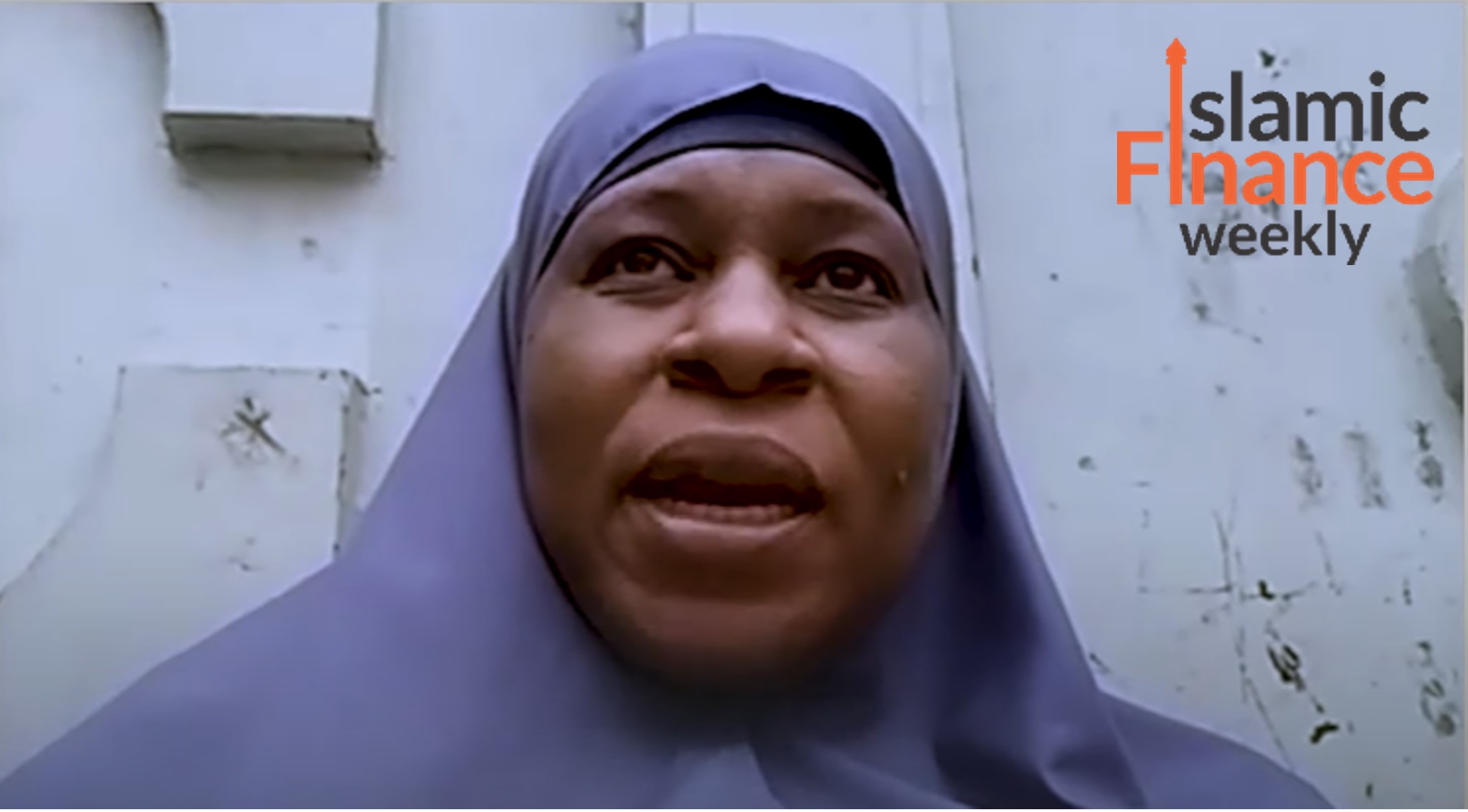
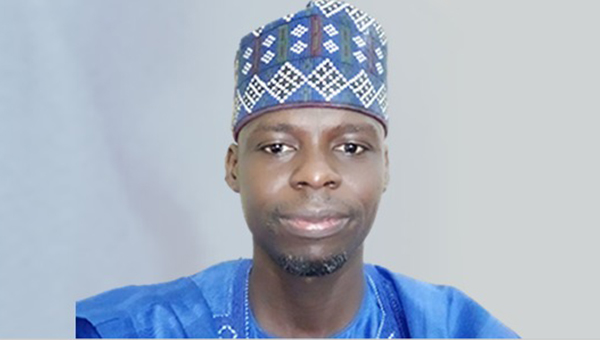
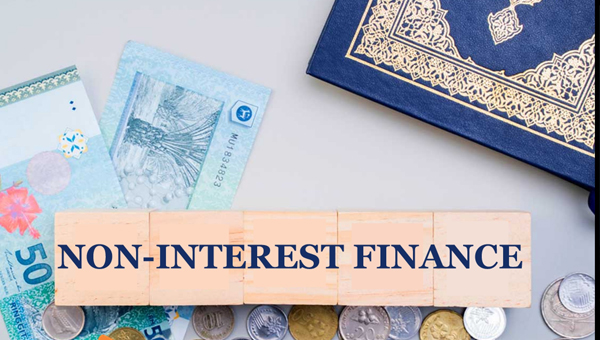
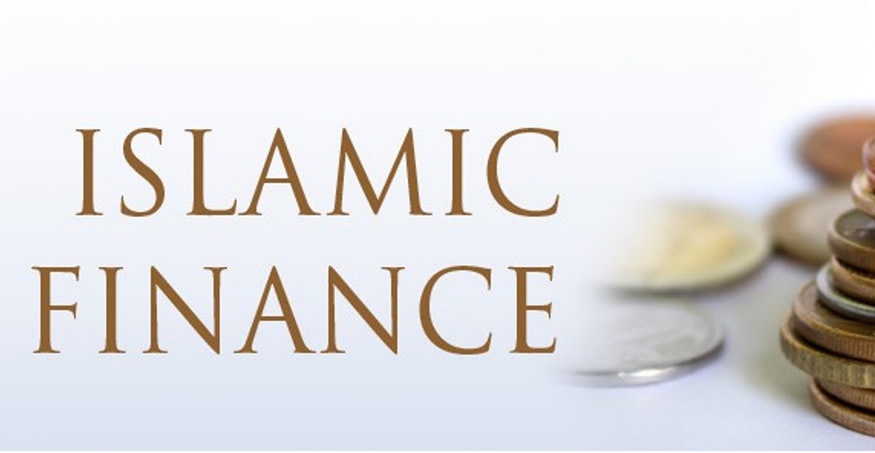
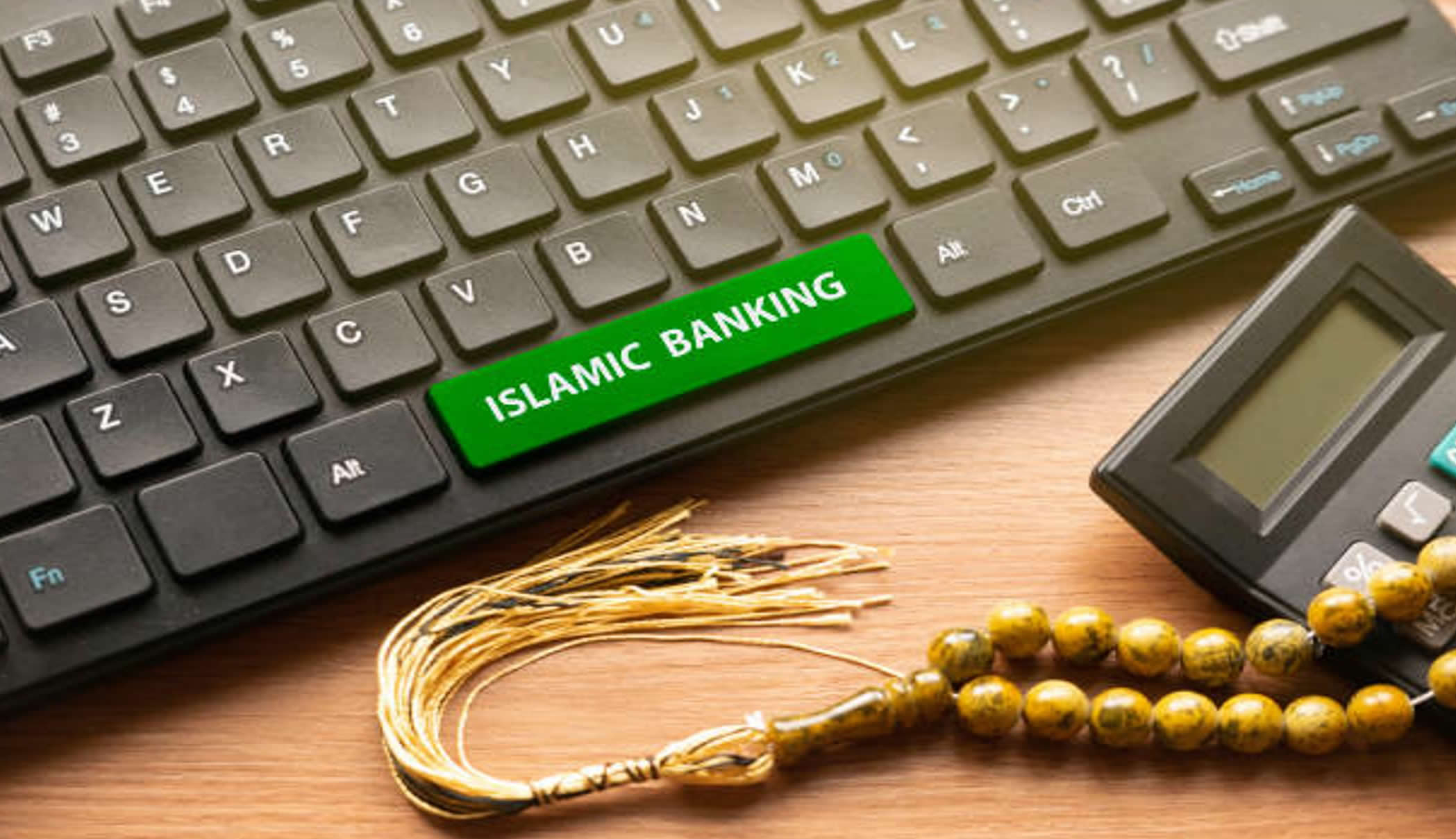
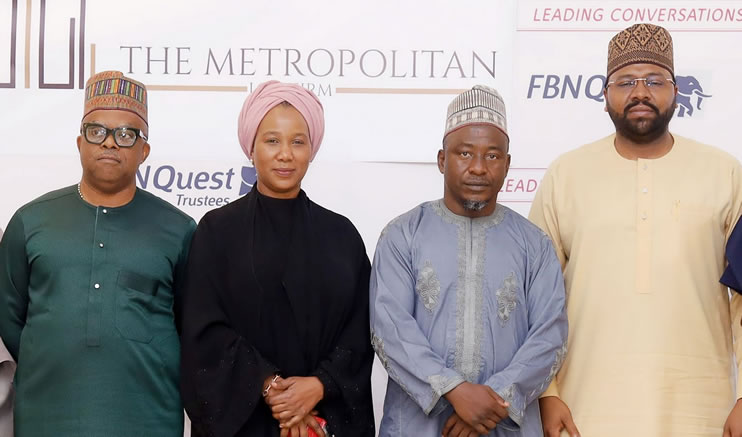
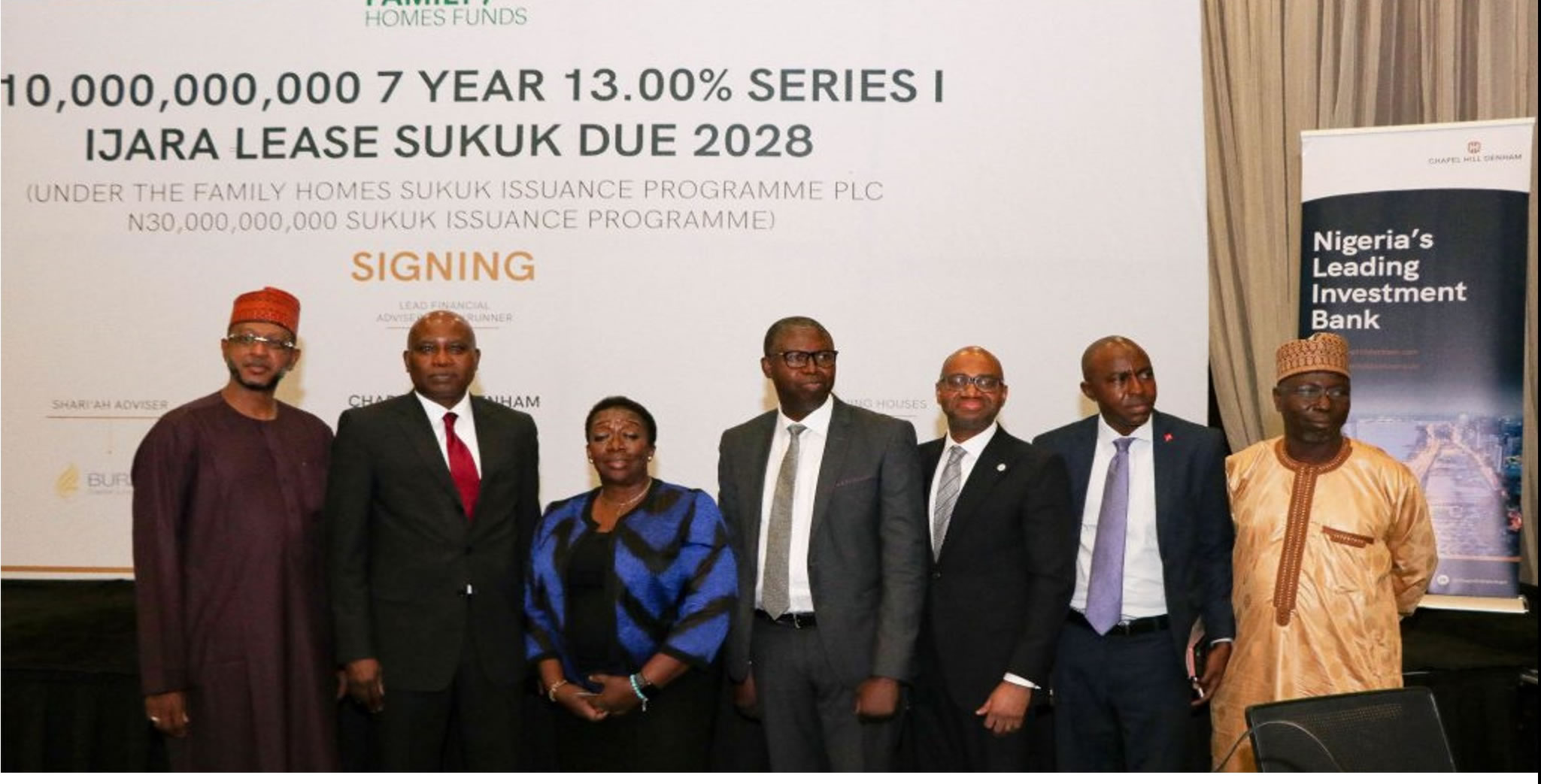

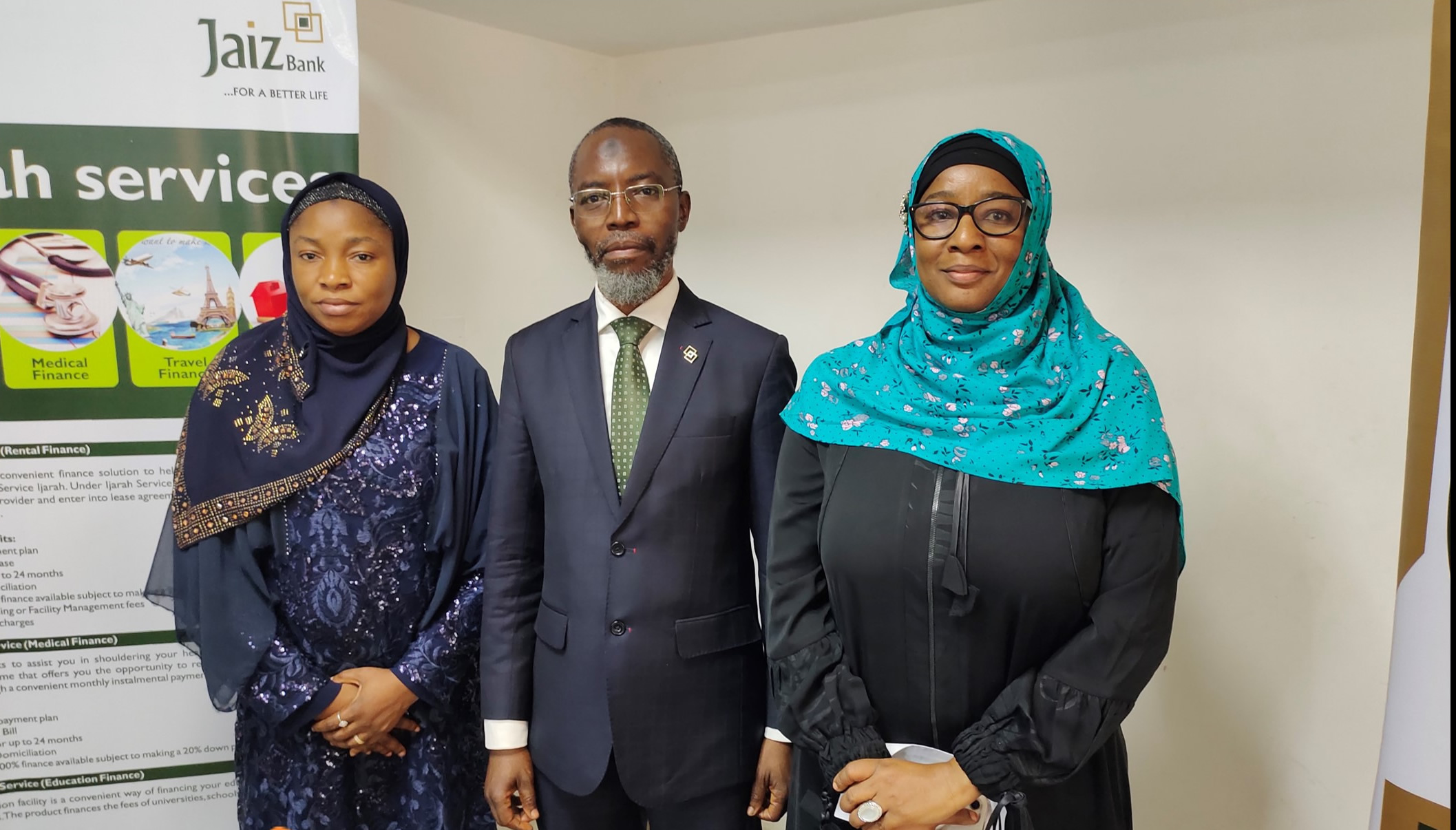
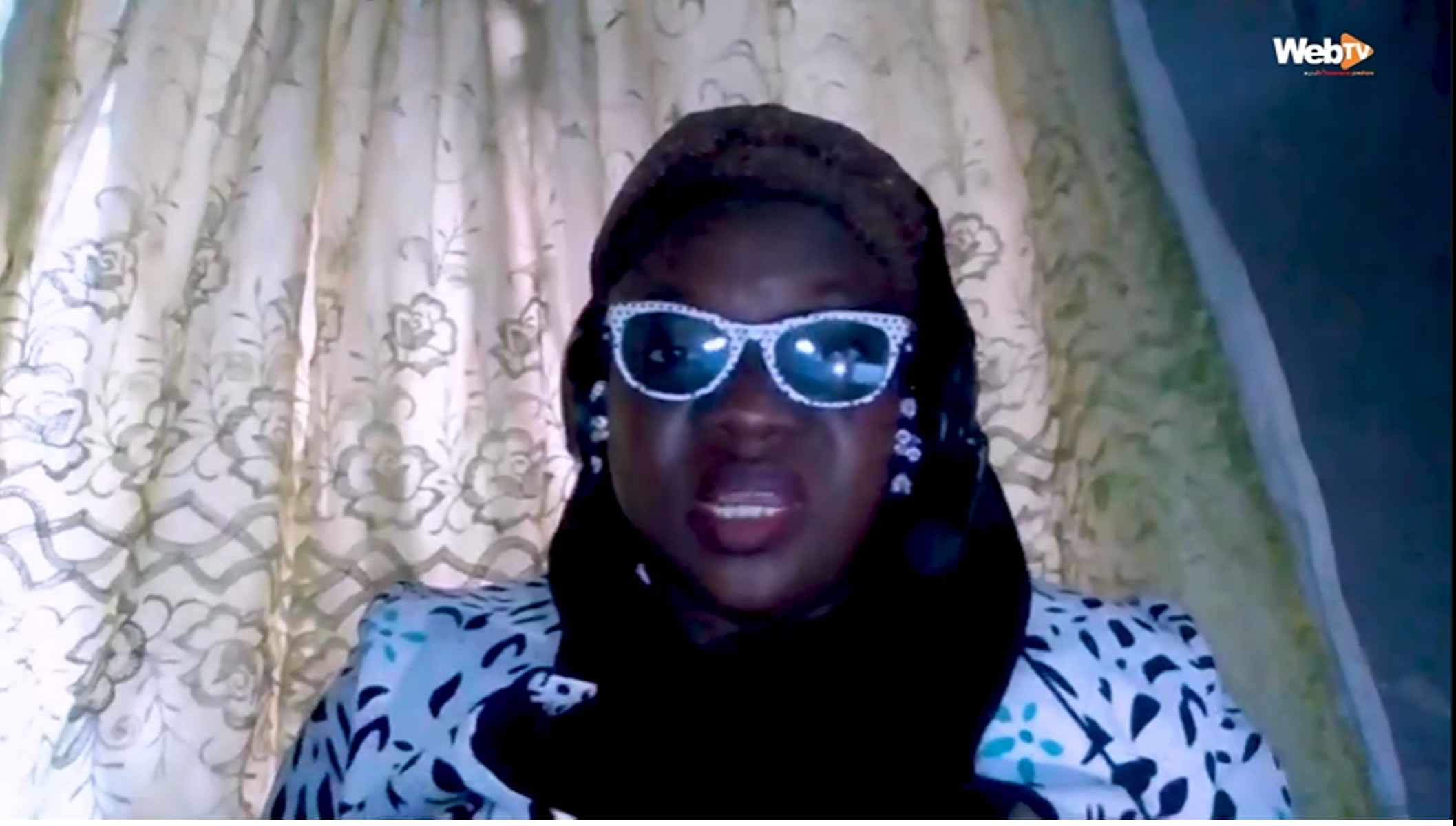





 Sponsored Ad
Sponsored Ad
 Advertise with Us
Advertise with Us









